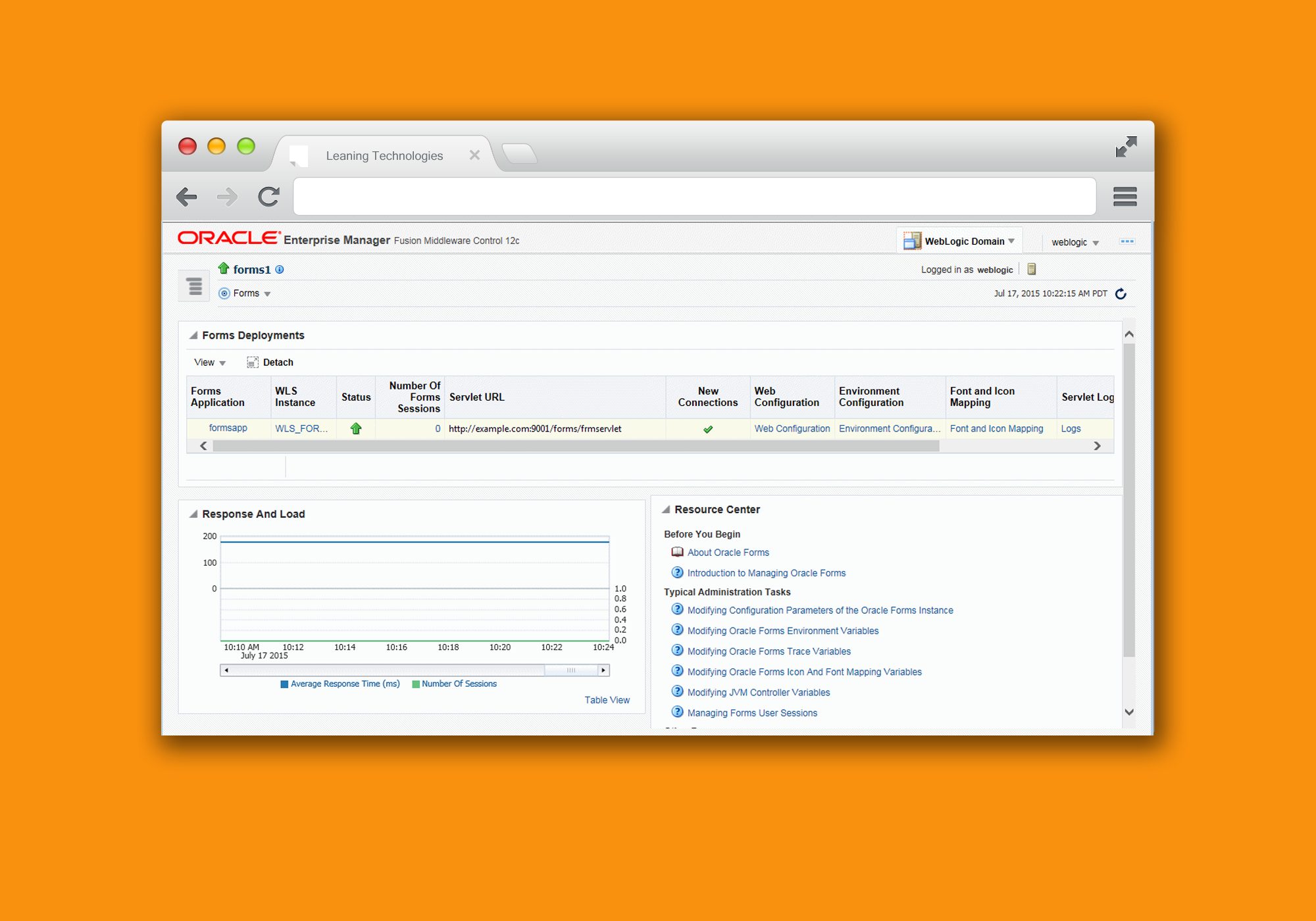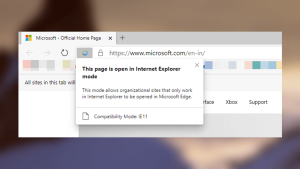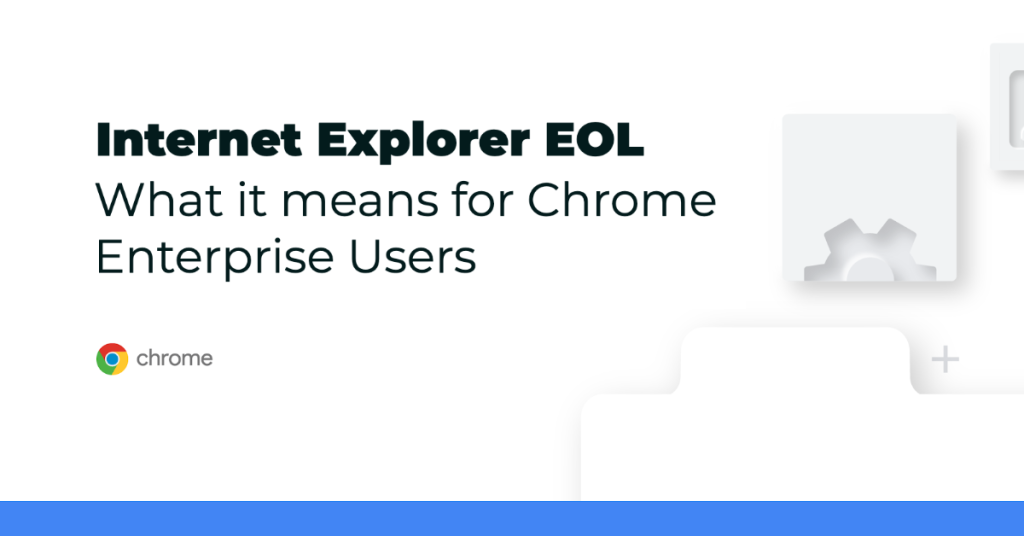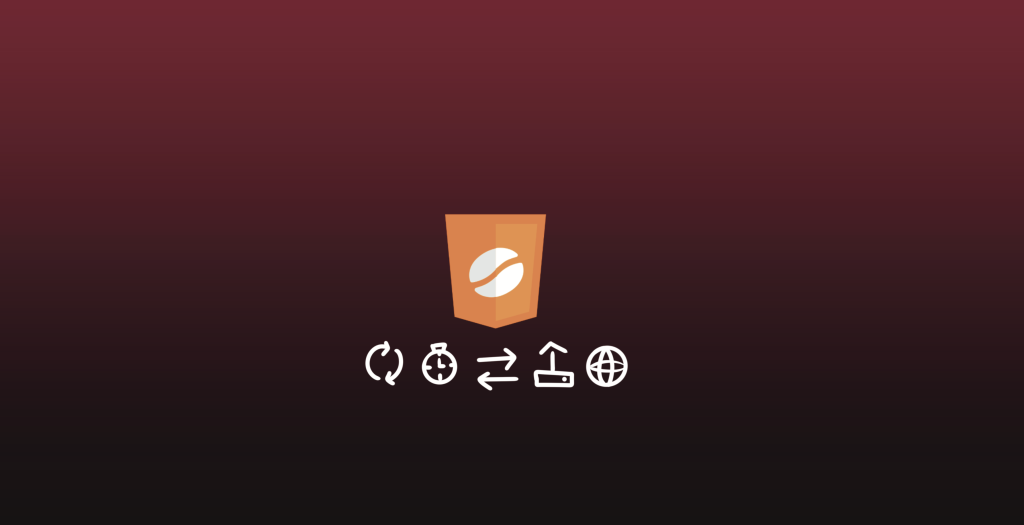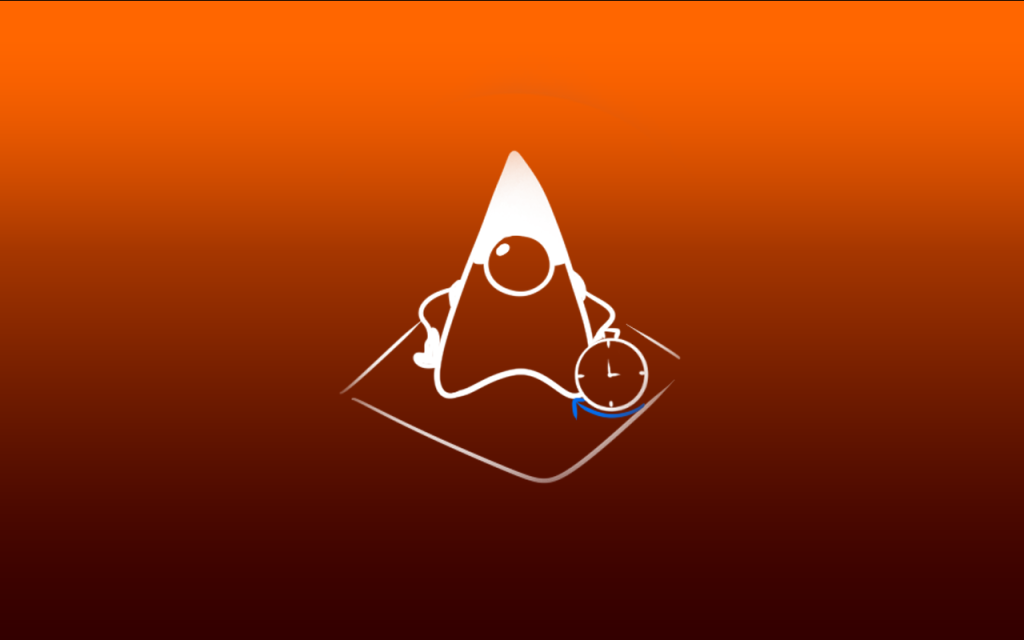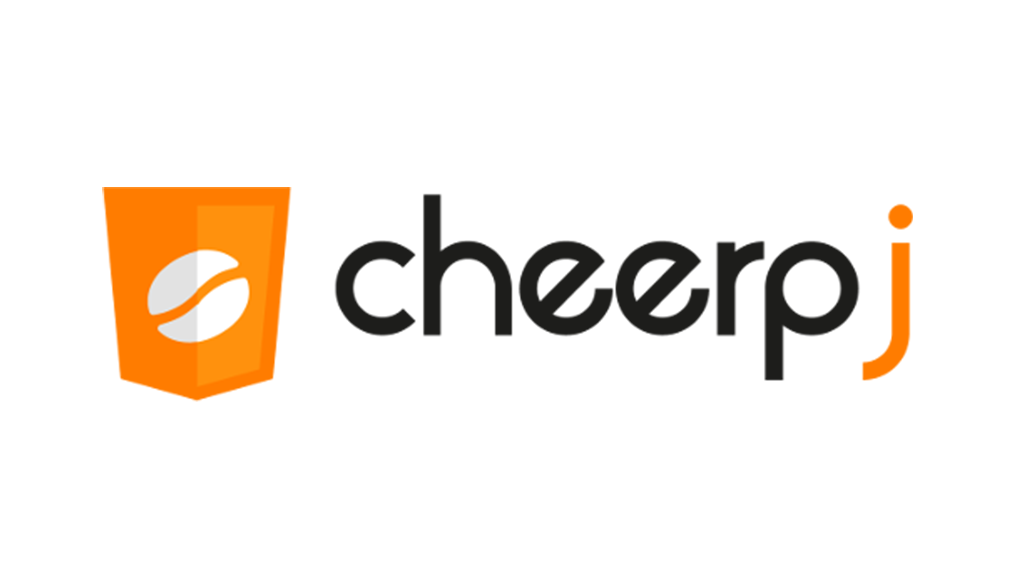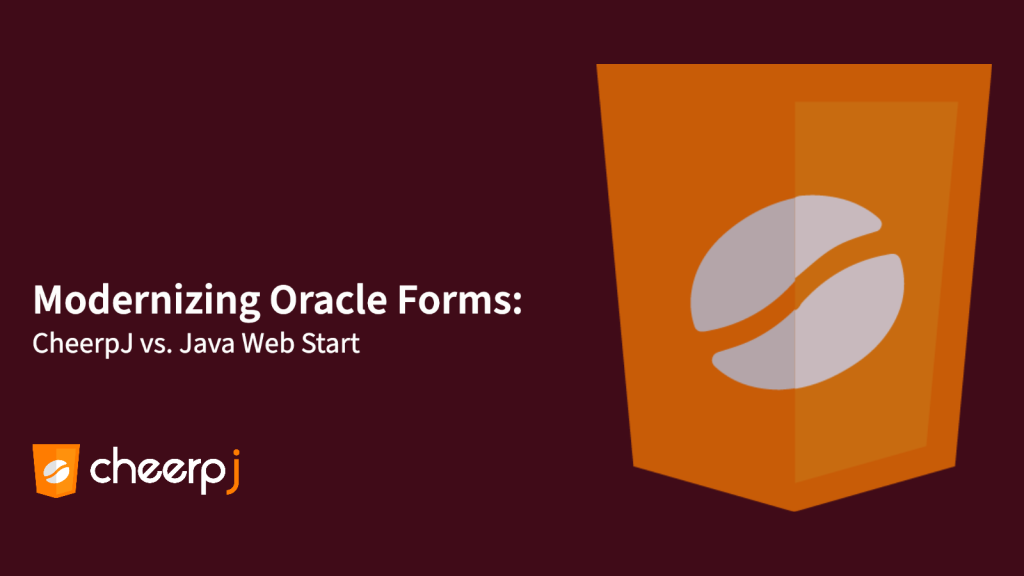Microsoft’s announcement to officially retire Internet Explorer in June 2022 has dealt another blow to organizations that rely on applications built with Oracle Forms.
This latest announcement follows the trend of major browsers dropping the support for Java Applets, and the underlying NPAPI technology that Oracle Forms relied on to run in the browsers, in favor of modern HTML5, due to security issues.
Over the last couple of years, Internet Explorer has been the only browser in which organizations have been able to run Oracle Forms online since 10g. Therefore, this announcement could have major ramifications for businesses and organizations which have a dependency on Oracle Form applications.
With that in mind, what options do you have for running forms moving forward?
Internet Explorer Mode
As part of the announcement, Microsoft has stated that Edge will continue to include an “Internet Explorer” mode. This will continue to allow you to run Oracle Forms in the browser using the NPAPI plugin, however, this comes at the expense of user experience. For example:
- Internet Explorer mode is NOT enabled by default. This has to be manually enabled in the Edge browser settings for each user.
- The only way to run a webpage including Oracle Forms is to first run the Oracle Forms URL in Edge which will present a blank page. The user has to manually go into the menu for Edge and go into More Tools. The user must then click on “Reload in Internet Explorer mode” to re-load the application using Internet Explorer mode. The Oracle Forms application will now run normally.
- If the end-user either closes out of the Forms application or is kicked out due to an error (FRM-92103, FRM-93652, etc.) and then tries to run the URL again to go back into Forms, the user has to experience the blank page again and then re-do the step to reload the page in Internet Explorer mode.
So not only is this a tiresome process, but it could also lead to security issues due to the possible flaws within Internet Explorer. Furthermore, this method requires a local installation of Java, its regular security maintenance, and its licensing.
Forms Standalone Launcher and Java Web Start
For customers running 12c, the latest release of Oracle Forms, there are a couple of options that can be done to run Oracle Forms without the need to use Internet Explorer. These are the Forms Standalone Launcher (FSAL) and Java Web Start (JWS). These methods allow end-users to either launch Oracle Forms applications using modern web browsers such as Chrome, Edge, and Firefox or launch the applications using a script accessible on the desktop.
Unfortunately, these options are not available to those using Oracle Forms 10g or 11g, therefore you would need to upgrade to 12c to take advantage of these options. This method also requires a local installation of Java, its regular security maintenance, and its licensing.
Oracle APEX
An option that is available to any version of Oracle Forms (6i, 10g, 11g, or 12c) is migration to Oracle Application Express (APEX), which enables you to convert your form into a web-based application supported by all modern web browsers.
This option, which is not viable for third-party applications, can be impractical, due to cost and timeline implications.

CheerpJ
CheerpJ, a tool developed by Leaning Technologies, is the only solution on the market to preserve access to Java Applets, including those generated by Oracle Forms, on modern browsers. It allows organizations to extend the life of their legacy applications by making them usable on modern browsers, with no change to their source code, saving them time, money, and resources.
So not only does this approach work with any version of Oracle Forms (6i, 10g, 11g, or 12c), but it is also available for Organisations that rely on third-party applications.
This new approach, which relies on modern HTML5, WebAssembly, and JavaScript, enables organizations not only to access their applications on mobile devices but also to give access to external users. Crucially, by using CheerpJ organizations no longer need their end-user machines to have a local installation of Java.
To learn more about CheerpJ, visit our website, and book a demo to see it in action!
FAQs for Oracle Forms Users Facing Transition to Modern Browsers
1. What are the main reasons behind Microsoft’s decision to retire Internet Explorer in June 2022?
Microsoft is retiring Internet Explorer primarily due to the drop in support for Java Applets and NPAPI technology, which were necessary for running Oracle Forms in browsers. Modern browsers are shifting towards HTML5 for enhanced security and functionality.
2. How has the retirement of Internet Explorer impacted organizations that rely on Oracle Forms applications?
For businesses dependent on Oracle Forms, the retirement of Internet Explorer poses significant challenges as it was the only browser supporting these applications. This transition could have crucial implications for organizations using Oracle Forms.
3. What options are available for running Oracle Forms applications as browsers phase out support for Java Applets and NPAPI technology?
There are several options to consider:
- Using Internet Explorer Mode in Microsoft Edge.
- Leveraging Forms Standalone Launcher (FSAL) and Java Web Start for 12c users.
- Migration to Oracle APEX.
- Exploring CheerpJ as a tool developed to preserve access to Java Applets, including those from Oracle Forms.
4. Can Internet Explorer Mode in Microsoft Edge fully replace the functionality of running Oracle Forms in Internet Explorer?
While Microsoft Edge includes an Internet Explorer mode to run Oracle Forms, it is not enabled by default and may lead to a cumbersome user experience. Additional steps and potential security issues associated with Internet Explorer are also a concern with this method.
5. What are the alternatives for users running Oracle Forms versions 10g or 11g who cannot utilize Forms Standalone Launcher or Java Web Start?
Users of Oracle Forms 10g or 11g who cannot utilize the aforementioned alternatives would need to upgrade to Oracle Forms 12c to take advantage of these options. The upgrade may require a local installation of Java and its associated maintenance and licensing requirements.
6. How feasible is the migration to Oracle APEX as an alternative to running Oracle Forms applications in modern browsers?
Migrating to Oracle APEX may not be viable for third-party applications due to cost and timeline implications. However, this option allows the conversion of forms into web-based applications supported by modern web browsers.
7. What is CheerpJ, and how does it facilitate the transition from Oracle Forms to modern browsers effectively?
CheerpJ, developed by Leaning Technologies, is a tool designed to preserve access to Java Applets, including those generated by Oracle Forms, on modern browsers. It allows the continuation of legacy applications on modern browsers without changes to source code, eliminating the need for a local Java installation on end-user machines.
8. What are the key benefits of using CheerpJ in transitioning Oracle Forms applications to modern browsers?
CheerpJ leverages modern HTML5, WebAssembly, and JavaScript technologies to enable access to legacy applications on modern browsers, including mobile devices. It offers support for all versions of Oracle Forms and is suitable for organizations using third-party applications as well.

